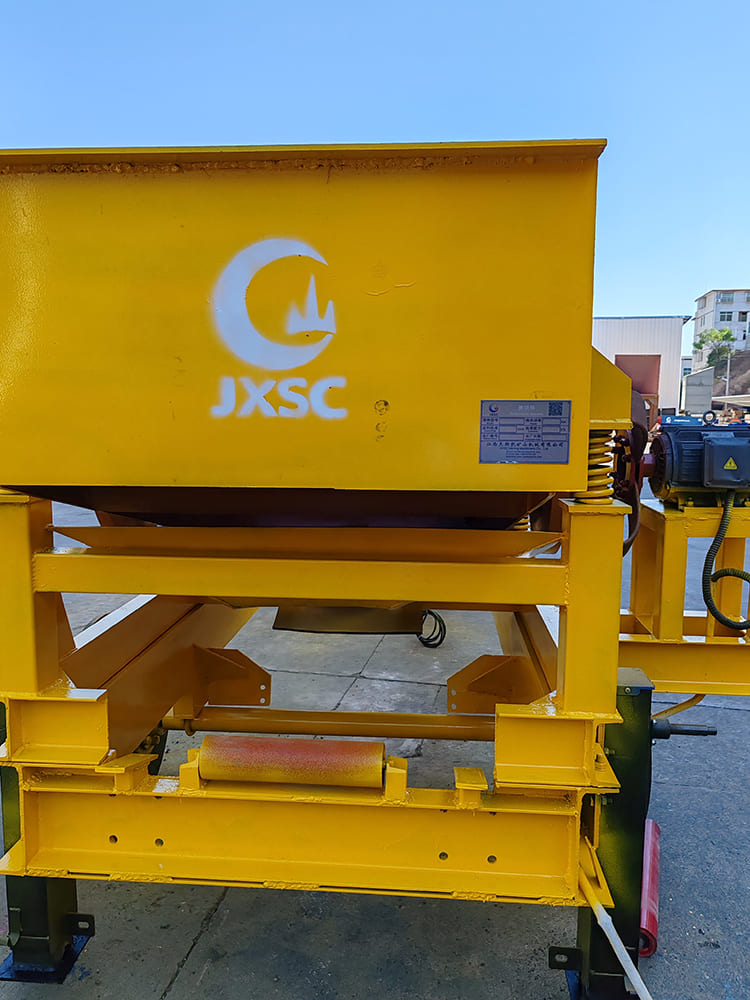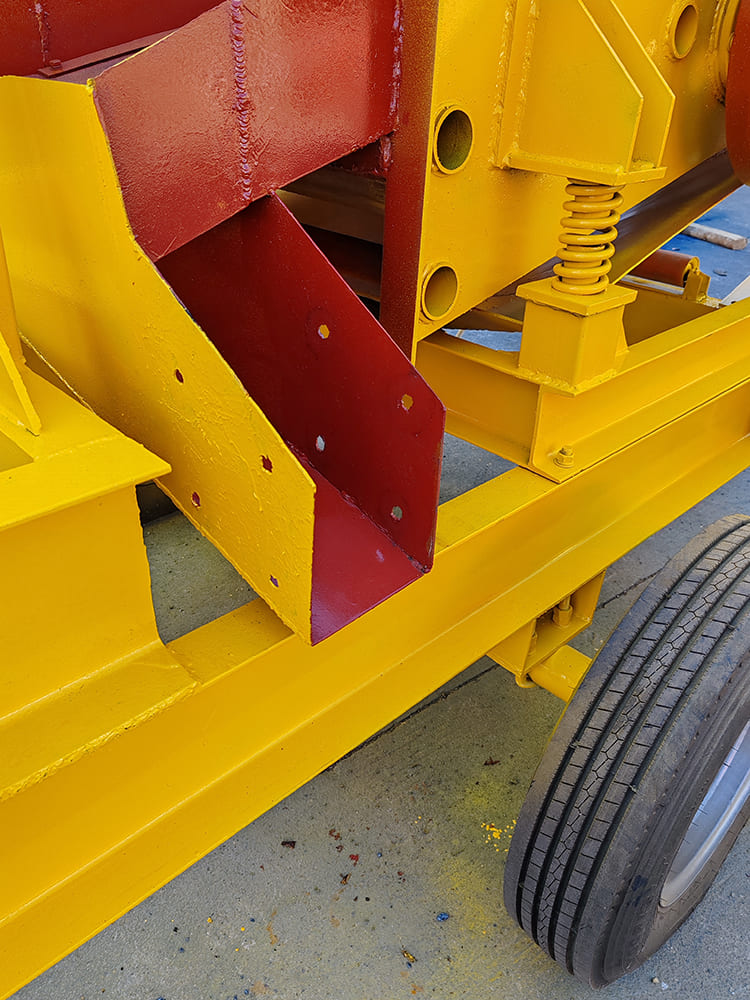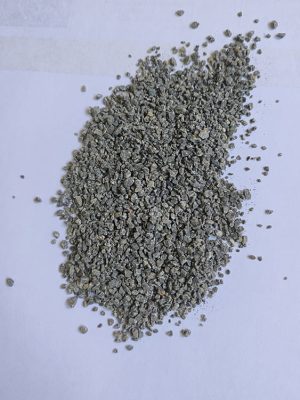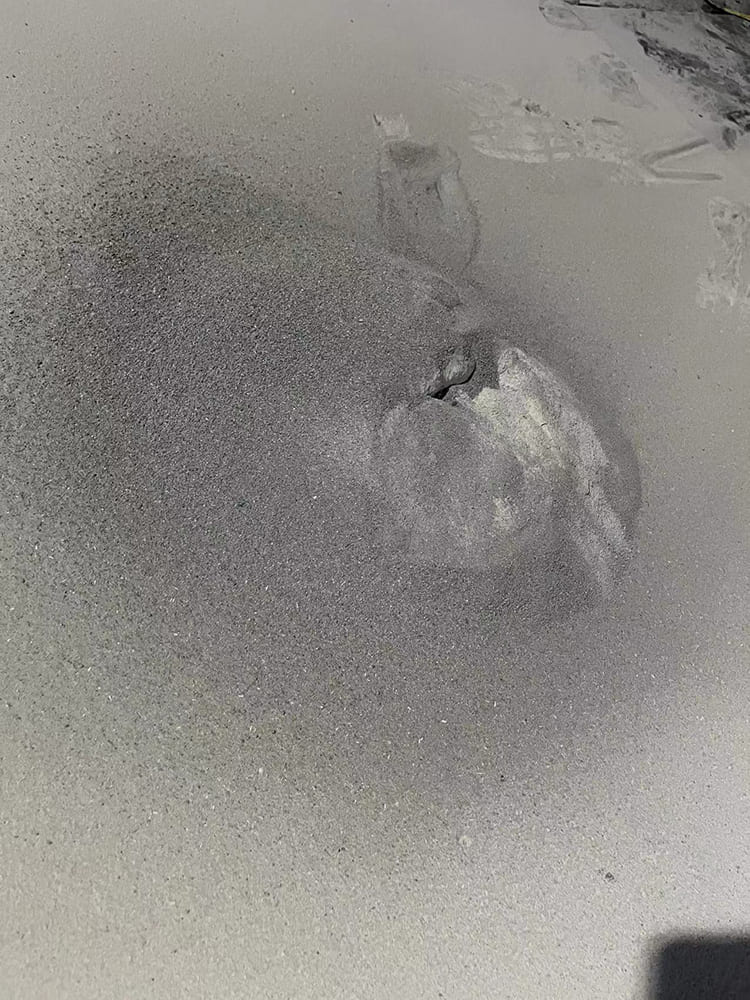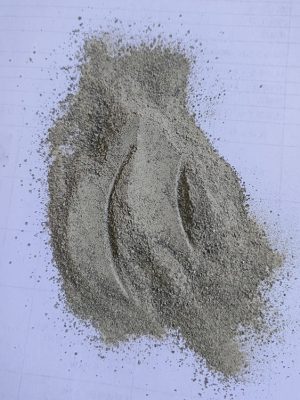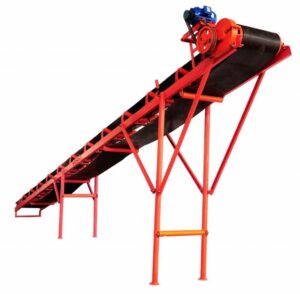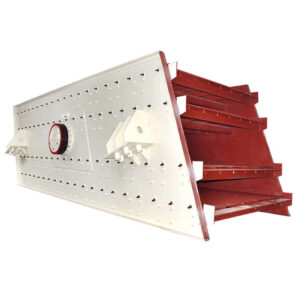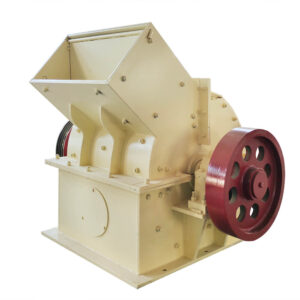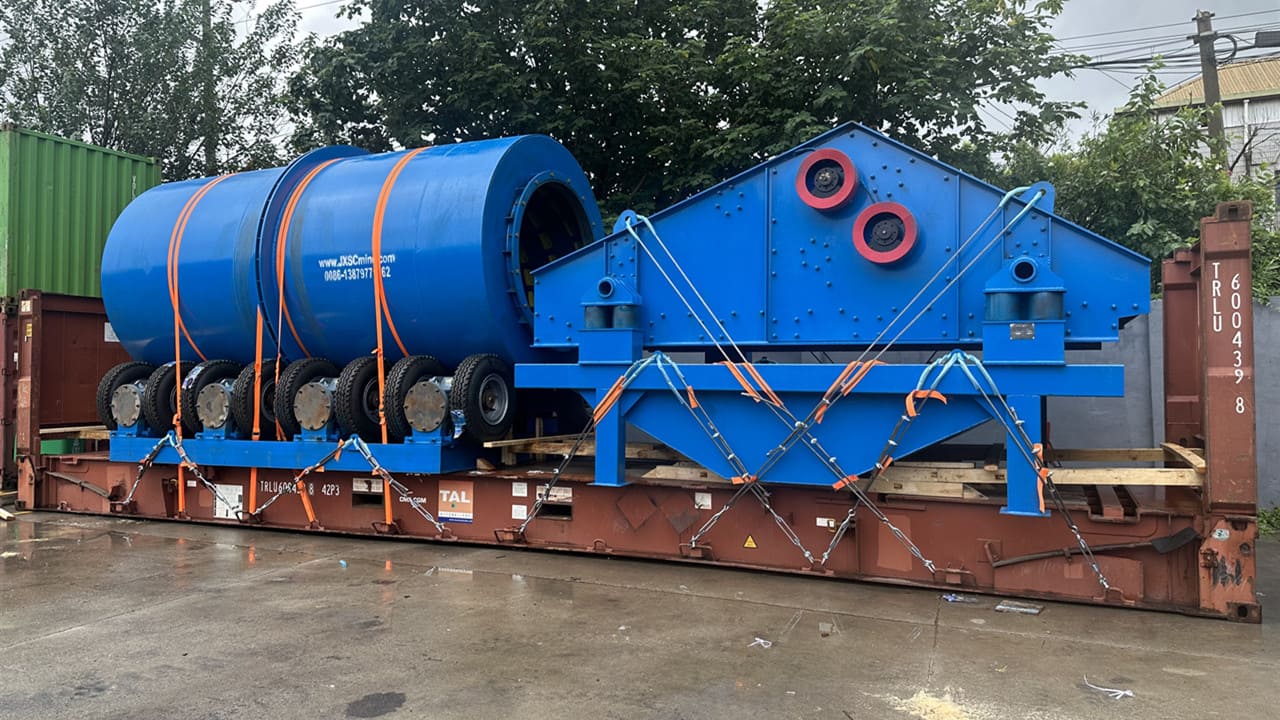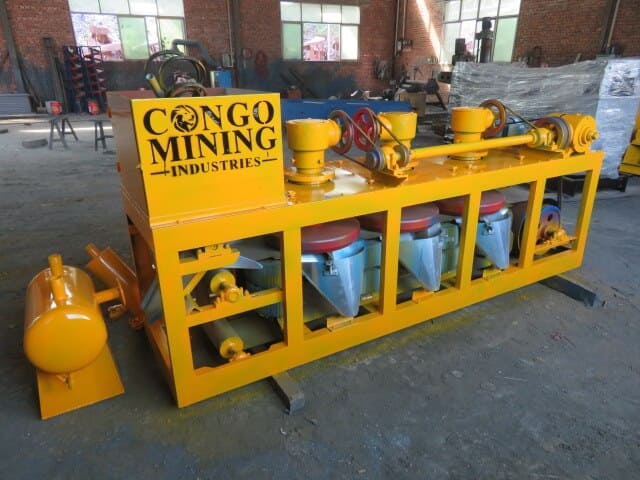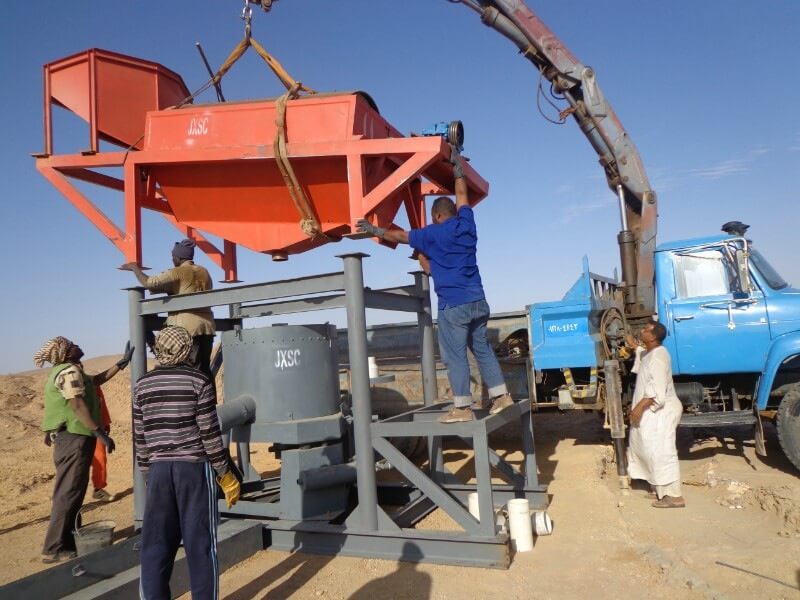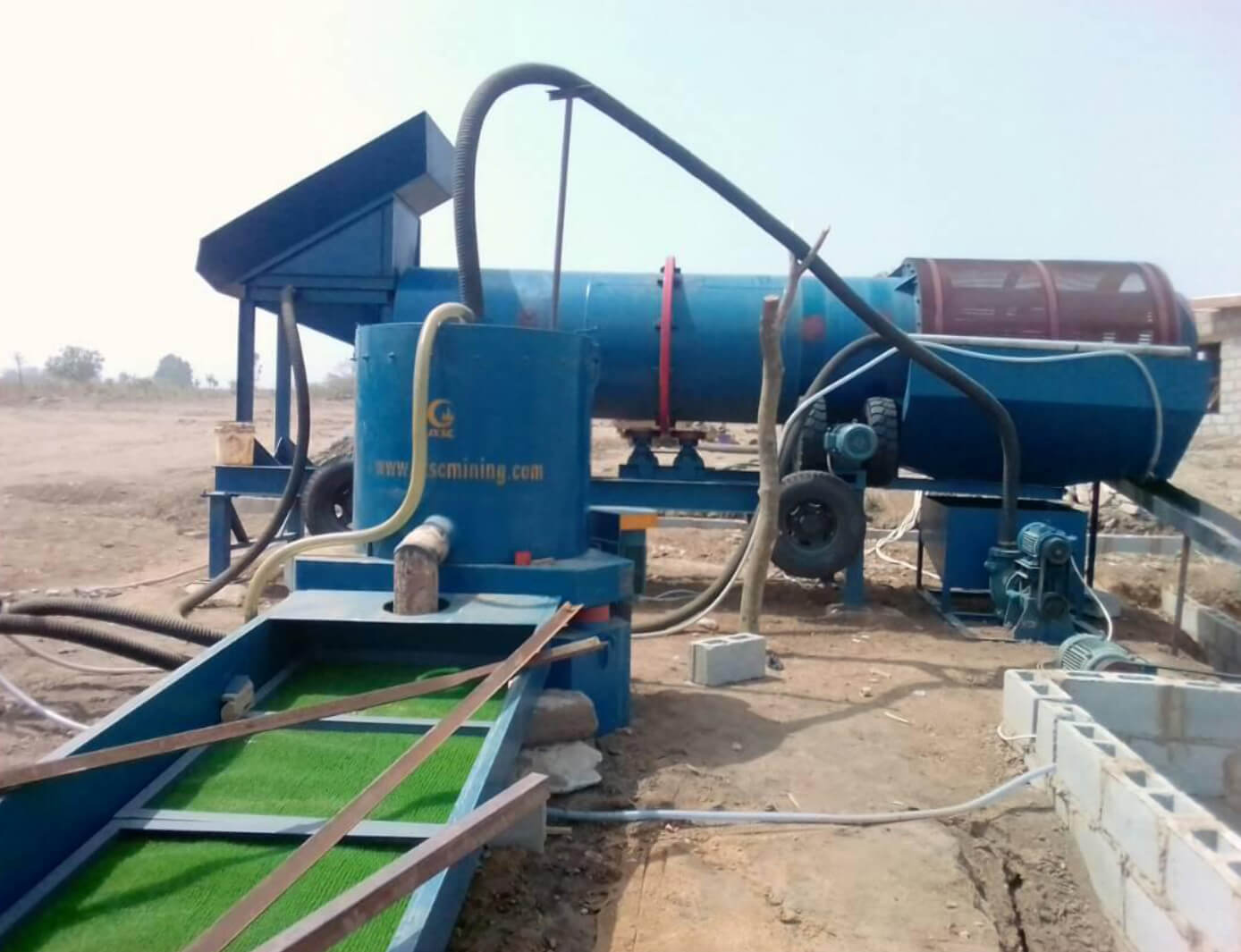Papua New Guinea 5-10TPH Mobile Hammer Crushing Plant
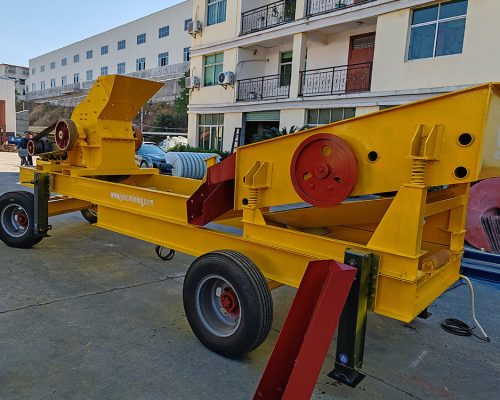
JXSC has provided a successful 5-10TPH mobile hammer crushing plant in Papua New Guinea. We design the crushing process plant flowchart & plant layout drawing according to stone conditions, provide a complete set of plant machines to our clients.
5-10 TPH Mobile Hammer Crushing Project Case
Introduction
Minerals: Limestone, gangue, shale, sandstone, clay, gypsum, dolomite, coal, phosphate rock, medium and low hardness ores, etc.
Capacity: 5-10 TPH
Max Feed Size: 30-40 mm
Output size: 0-2 mm
Process: Feeding -> crushing -> screening
Solutions & Process
Mobile hammer crushing plants combine hammer crushers’ versatility with mobility’s convenience, creating powerful processing solutions for various industries. These innovative units have transformed on-site material processing by bringing efficient crushing capabilities directly to the worksite.
Core Components and Structure
A typical mobile hammer crushing plant integrates several key components onto a single mobile chassis:
- Feeding System: Usually consists of a vibrating feeder or apron feeder that regulates material flow into the crusher.
- Hammer Crusher Unit: The central processing component that utilizes high-speed rotating hammers to break materials through impact.
- Screening System: Optional integrated screens that classify crushed materials by size.
- Conveyor System: Multiple belt conveyors for material transport between components and final product discharge.
- Power Unit: Diesel generator or direct electrical connection providing operational power.
- Mobility System: Wheeled chassis, crawler tracks, or semi-trailer mounting options for transportation.
- Control System: Centralized electronic controls for monitoring and adjusting operational parameters.
Suitable Materials
Mobile hammer crushing plants excel at processing medium and soft hardness materials, including:
- Construction Waste: Concrete debris, bricks, and mixed demolition waste.
- Limestone: For cement production, aggregate, and other construction applications.
- Coal: Various coal types for energy production.
- Gypsum: For construction materials and industrial applications.
- Soft Ores: Phosphate rock, bauxite, and other non-metallic minerals.
- Clay Materials: For brick manufacturing and ceramics.
- Shale and Mudstone: For various construction applications.
The optimal material hardness range typically falls below 5 on the Mohs scale, with moisture content preferably below 15% for maximum efficiency.
Processing Operations
Mobile hammer crushing plants perform several key processing functions:
- Primary or Secondary Crushing: Can serve as either the first crushing stage for softer materials or as a secondary stage after a jaw crusher for harder materials.
- Size Reduction: Achieves size reduction ratios of up to 50:1, depending on material characteristics.
- Material Separation: Integrated screening capabilities allow for product classification by size.
- Recycling Processing: This process is particularly effective for construction and demolition waste recycling.
- On-site Processing: Enables material processing directly at excavation, demolition, or construction sites.
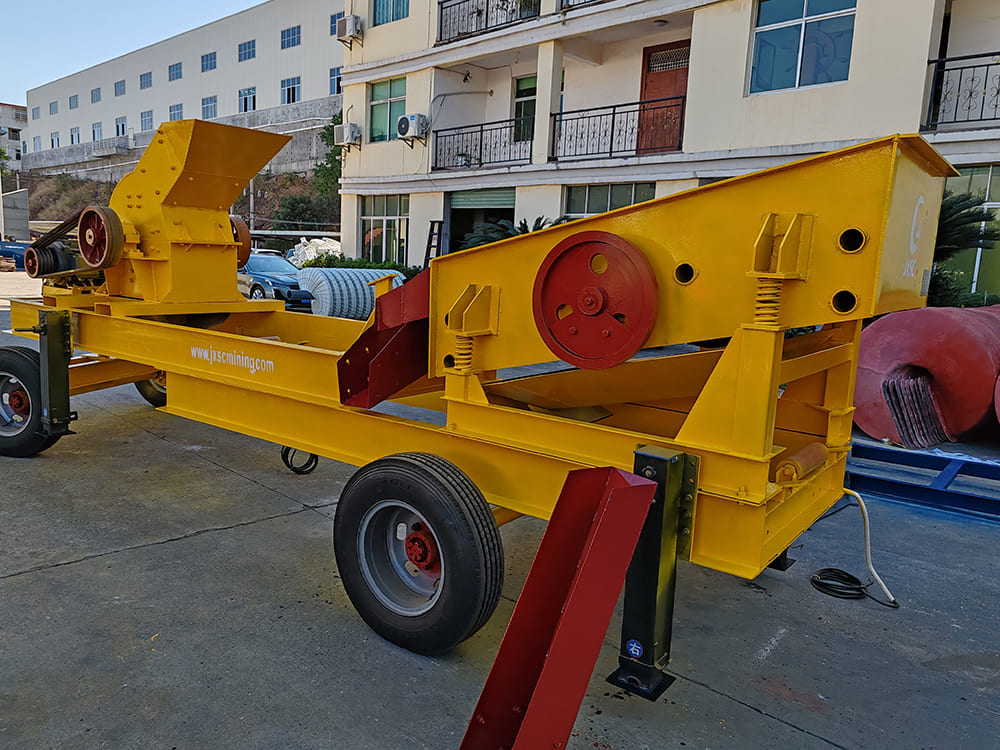
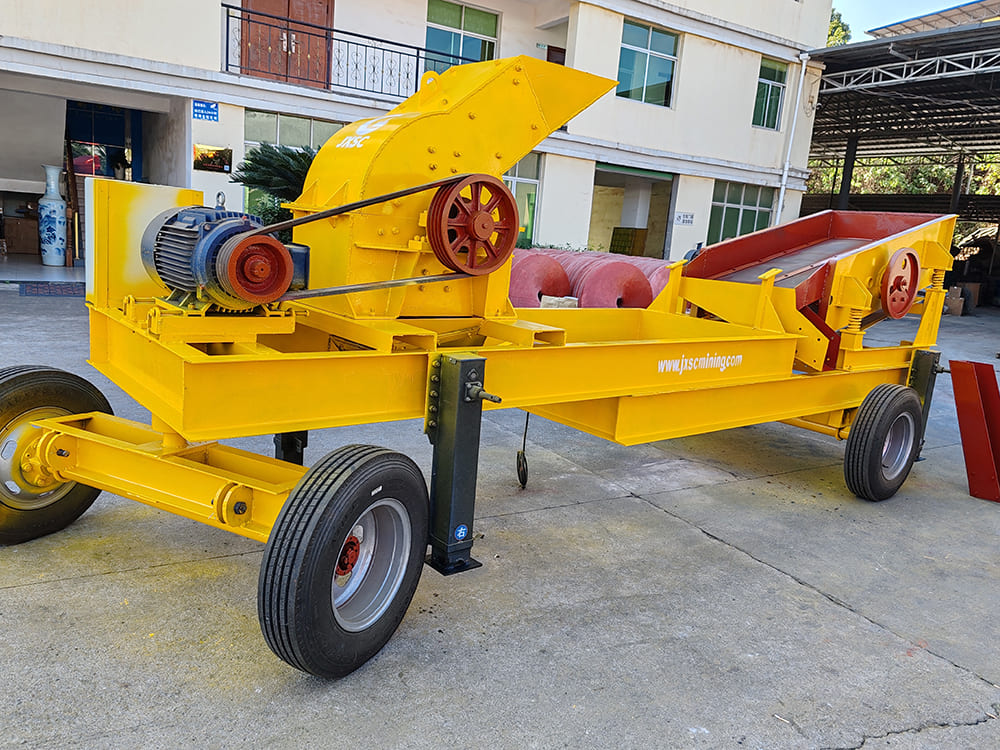
Papua New Guinea 5-10TPH Mobile Hammer Crushing Plant
PC600*400 Hammer Crusher:
1. Max Feeding size: 30-40mm
2. Output size: 0-2mm
3. Input process Capacity: 5-10TPH
4. Power: 30KW
Feeding hopper:
Size: 2*1.5*1.2m(L*W*H)
2 sets Belt Conveyor:
1. Width: 500mm, Length m/set, exact length can be determined according to the drawing.
2. Power: 2KW/set, total 4KW
3. 1 set for sending output from hammer crusher to vibration screen,1 set for sending 0-1.2mm product to stockpile.
4. Make a higher position for the 1st conveyor (that under the hammer crusher ) feeding point, make the 2nd conveyor (for sending 0-1.2mm material) height adjustable
Vibration Screen:
1. screen mesh: 1.2mm, screen size 900*1800mm, 1 desk
2. Power: 2.2 kW
All machines are fixed on a mobile trailer with wheels, including an electric control panel & cables within the plant, the mobile tires need to be a bit wider
